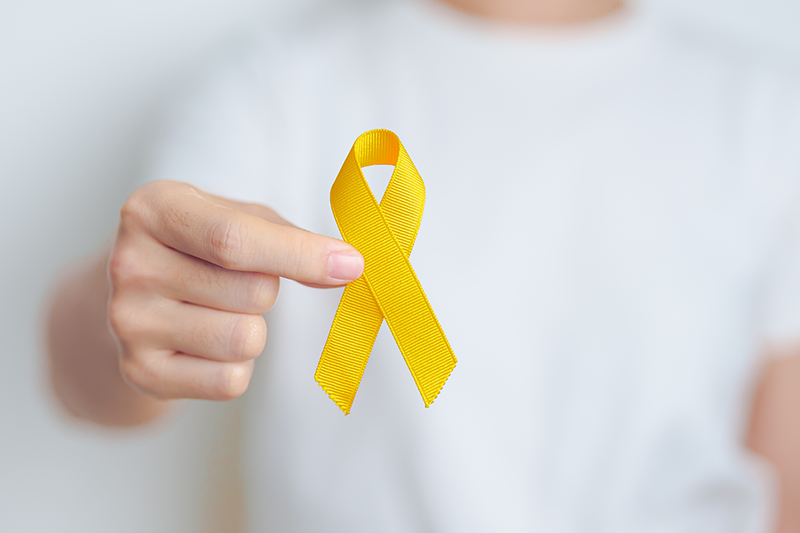Matt Dean speaks with Forbes about a new idea for moving through the impact of polarisation in workplaces.
Employers are required to have trained physical first aiders in their workplaces. That's great. The problem is that for most work places the greatest risk, or the most likely problems to be encountered, are around mental health not physical health. Norman Lamb MP, a campaigner around mental health and a trained mental health first aider, has put down an early day motion in the House of Commons calling for this to be addressed. It would be a great way to address some of the disparity of treatment between physical and mental health, and chisel away at the ongoing stigma surrounding the latter.
We all have mental health, just as we all have physical health, and in both cases we are on a continuum, where our health can vary day to day. It is estimated that one in four people experience a mental health issue in any given year, and that one in six employees is depressed, anxious or suffering from stress-related problems at any time. However, many of us know little about mental health. We often don’t spot the signs that a colleague, employee, or we ourselves are struggling, and this delays help and recovery.
Related Articles

Creating psychological and challenger safety: a practical guide

5 reasons workplaces should embrace neurodiversity, and learnings from Bahar Khorram vs Capgemini UK




